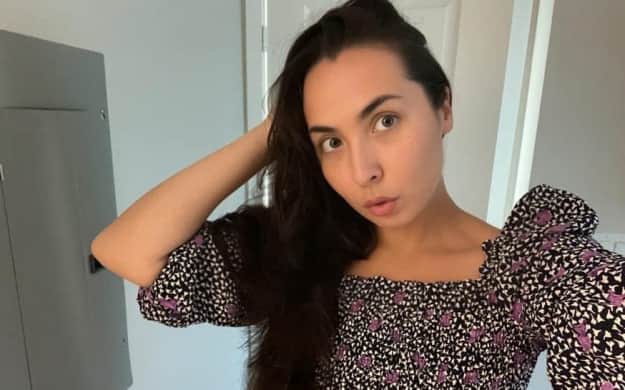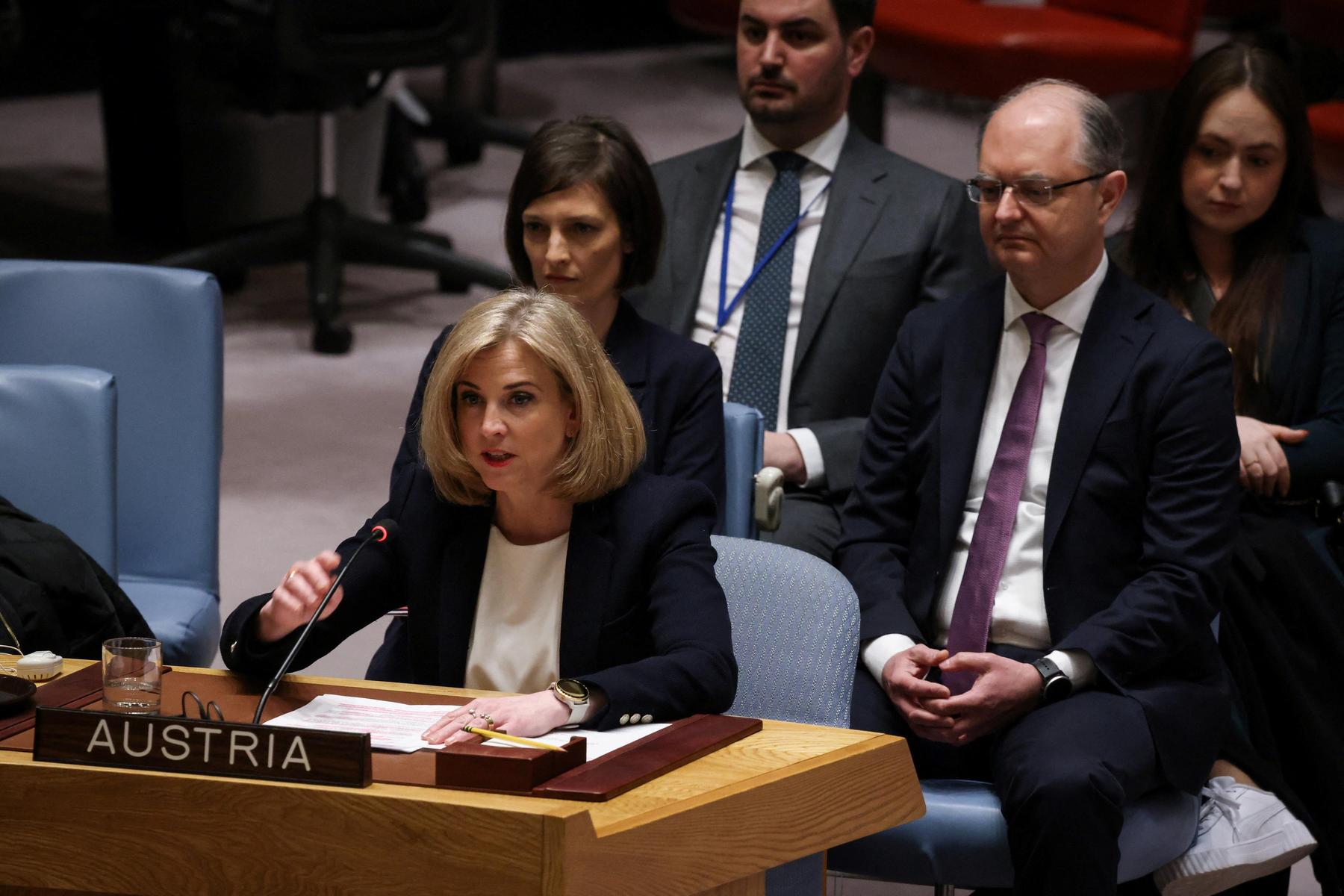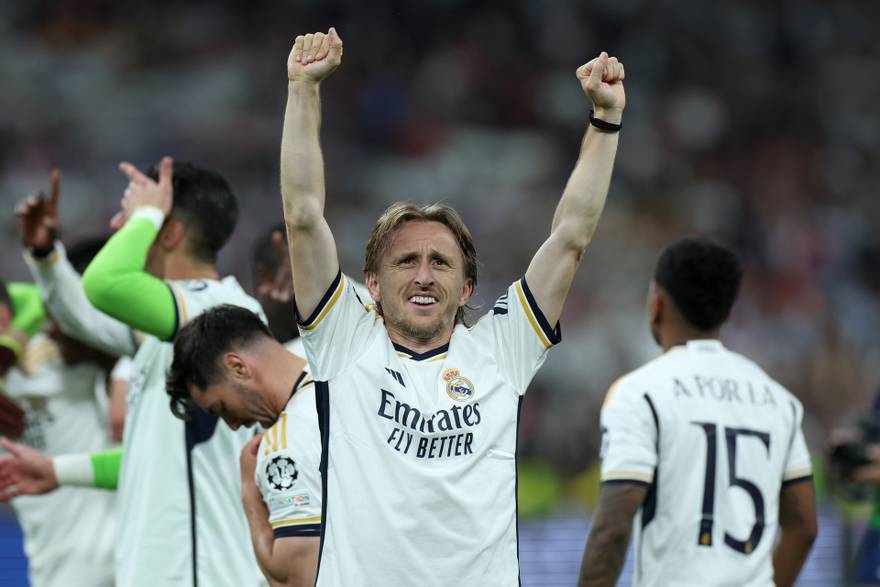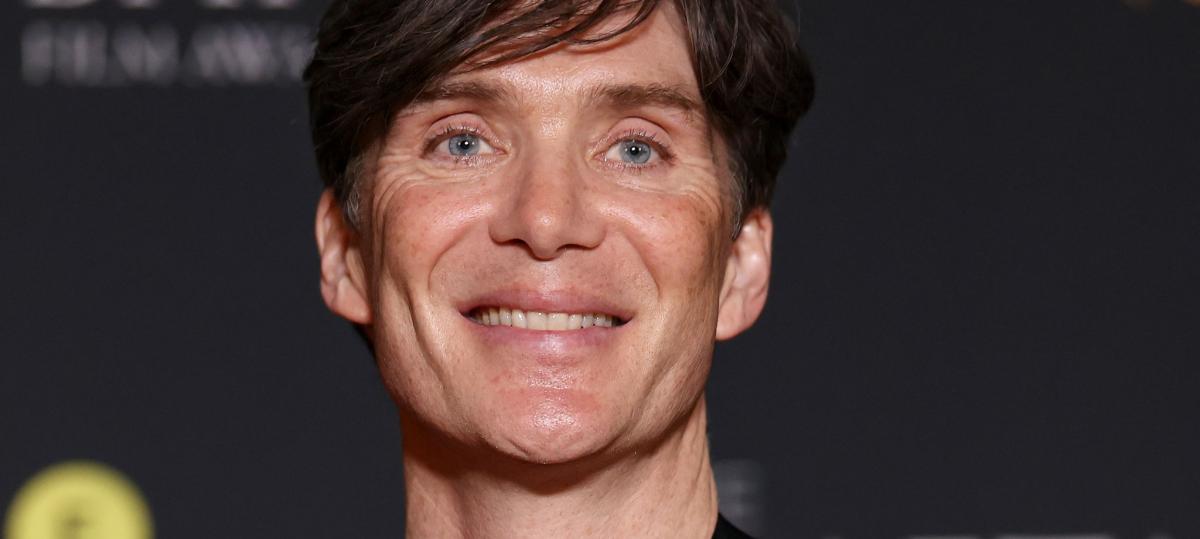TV review Documentary about Black Lives Matter shows indispensability of Omroep Zwart
/s3/static.nrc.nl/images/gn4/data133134986-5cffb5.jpg)
My son came with it. Tomorrow there was a demonstration against racism on Dam Square. We went with the whole family. I expected a low turnout. Earlier anti-racist actions that I attended, such as those of Kick Out Zwarte Piet, attracted a few hundred people at most. Moreover, this demonstration was announced only one day in advance. And it was in the middle of the Coronapandemie, 1 June 2020.
But things went differently, so we can see in the documentary Echos van de Dam: 5 years after Black Lives Matter (NPO3). The square was full of tens of thousands of people. Never before did so many Dutch people come together to protest against the oppression of black people. A historic day. What was also different than before: virtually no police in sight. Our children, too young for the pandemic, went free in the crowd. My wife and I were afraid of Covid so we stayed on the edge, close to the coffee shop. We couldn’t hear the speeches.
The documentary first outlines the reason: the murder of George Floyd by the Minneapolis police, who marked the start of the Black Lives Matter movement. In order not to place the problem far away in the US, an overview of archive images of racism in schools, on the labor market, police violence and the fight against Zwarte Piet follows.
After this we see enthusiastic speeches from the organizers on Dam Square. Five years later they look back on that day together with other stakeholders. Activist Jerry Afriyie (Kick Out Zwarte Piet), historian Mitchell Esajas (Black Archives) and former politician Sylvana Simons (BIJ1) were portrayed in the press as dangerous radicals. Esajas shows a grinning article of that scope grinning De Telegraaf With a photo of dark clouds above a dike with mills. In this documentary, the trio appears as the three ways of anti-racism, thoughtful and clear formulating. Activist and choreographer Naomie Pieter gives the documentary an infectious sprungny fighting spirit.
Anger and sorrow
Yes, it fed their hope and fighting spirit that so many people had come, the interviewees say, but it was mainly a day of anger and sorrow. When asked what has changed since then, they give a strikingly positive answer. I am inclined to see decline. The Netherlands remains, in the words of presenter and actor Eric Corton « a god -forgotten deep racist country. » But the interviewees say that the emancipation of the past five years can no longer be reversed. Afriyie sees black children go into the world more self -assured. Two steps forward, one step back.
Mayor Femke Halsema talks about the fierce counter -reaction that the demonstration called on. She should have banned the demonstration because of the pandemic, found critics. She was also accused of wearing a badge with « 1873 » – a reference to the actual abolition of Dutch slavery. This would attract a party for the protesters. Halsema, however, believes that emerging fundamental rights – such as the right to demonstration and the right to equal treatment – is, or should be. This was once obvious in the Netherlands.
The people involved talk about it briefly and lightly, but they each paid a high price for their efforts: they were insulted, taxed and threatened with death. Omroep director Akwasi Ansah says that the racist hatred-from TV commentator Johan Derksen, among others-stimulated him to set up Omroep Zwart, the broadcaster who once again underlines his indispensability in Hilversum. Johan Derksen at the cradle of Omroep Zwart – a beautiful image.

:format(jpeg):fill(f8f8f8,true)/s3/static.nrc.nl/podcasts/wp-content/blogs.dir/131/files/2021/03/haagsezakenfeatured.png)
:format(jpeg):fill(f8f8f8,true)/s3/static.nrc.nl/taxonomy/e9195f4-Roelants%252C%2520Carolien%25201280%2520x%2520768.png)




